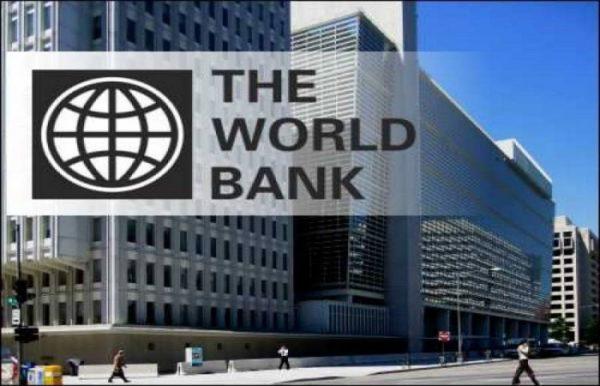There are no products in your shopping cart.
| 0 Items | £0.00 |


WORLD Bank officials have agreed to advance Nigeria a fresh loan of over $1bn to help the government finance its socio-economic programmes in the face of challenging economic times that have stretched treasury resources to the limit.
According to the World bank, the loan, which will come in three tranches, totals $1.08n and will be used to finance education, nutrition and economic resilience programmes in Nigeria. These concessional loans are aimed at improving the quality of education, building household and community resilience and enhancing nutrition for under-served groups.
A World bank spokesman said: “The World Bank has approved three operations in Nigeria, totalling $1.08bn in concessional financing, to enhance education quality, build household and community resilience and improve nutrition for underserved groups.”
Apparently, the approved operations include $500m in additional financing for the Community Action for Resilience and Economic Stimulus Programme, $80m for Accelerating Nutrition Results in Nigeria and $500m for the Hope for Quality Basic Education for All initiative. According to World bank, the community action programme will support the government’s efforts to expand access to livelihood support, food security services and grants for poor and vulnerable households.
Initially launched as a post-Covid recovery plan, that programme, which has already got over 15m beneficiaries and has evolved into a shock-responsive platform providing multi-sectoral interventions. These include social transfers, labour-intensive public works, livelihood grants, and support for small businesses.
This new financing from the World Bank will bolster the programme’s reach, particularly as Nigeria grapples with economic challenges arising from the 2023 fuel subsidy removal and foreign exchange rate unification. Meanwhile, the Accelerating Nutrition Results in Nigeria programme aims to enhance the use of quality nutrition services for pregnant women, lactating mothers, adolescent girls and children under five.
It is an initiative designed to improve maternal and child health, nutrition services and food security in selected areas. The programme aligns with Nigeria’s National Development Plan 2021–2025 and the Multisectoral Plan of Action for Food and Nutrition, focusing on preventive and curative nutrition interventions, improved feeding practices and increased access to micronutrient-rich foods.
On the other hand, the Hope For Quality Education programme, which forms part of a series of inter-related operations, will support foundational literacy and numeracy, enhance access to basic education and strengthen education systems across participating states. It is expected to directly benefit 29m public primary school pupils, 500,000 teachers and more than 65,000 public primary schools.
In addition, the initiative will also address issues related to school overcrowding and decentralised allocation of education funds. This programme will receive additional funding of $52.18m from the Global Partnership for Education Fund.
Dr Ndiamé Diop, the World Bank Country Director for Nigeria, said: “Investing in human capital is critical for Nigeria as it offers the best opportunity to unlock the enormous potential of Nigeria. These new programmes will help accelerate education quality and support vulnerable citizens."